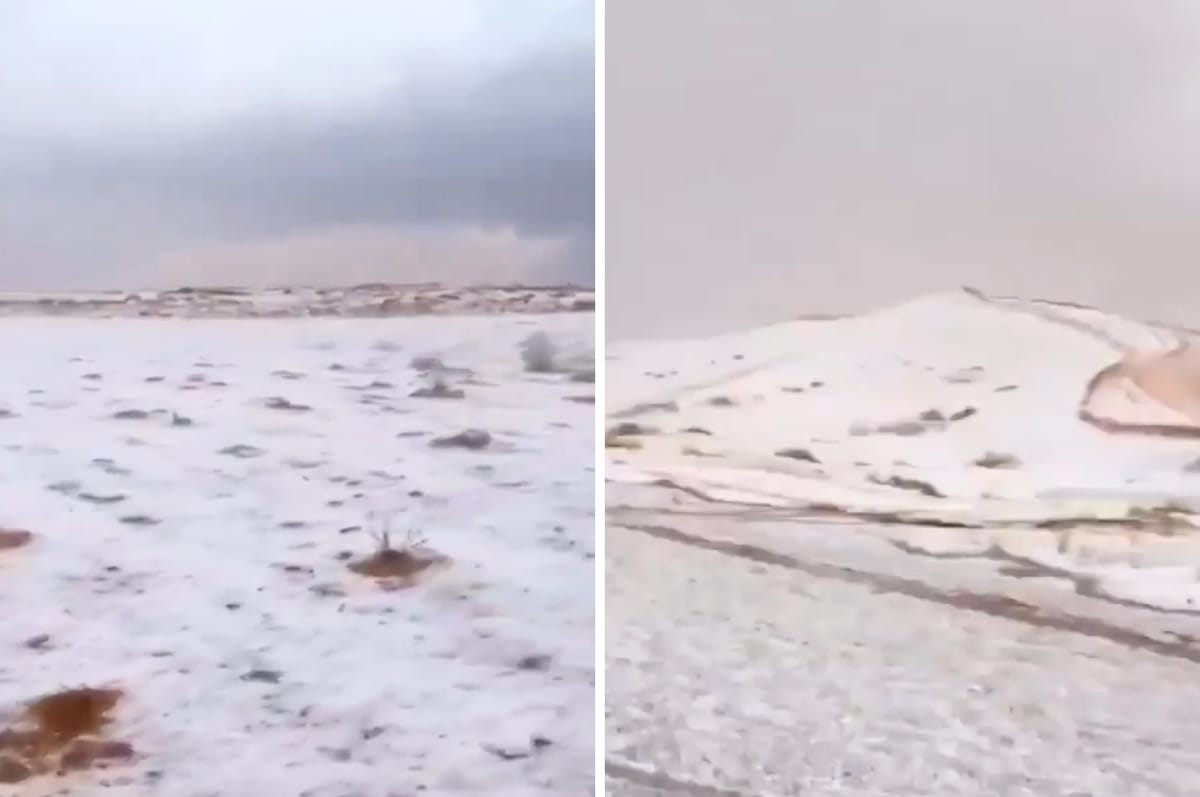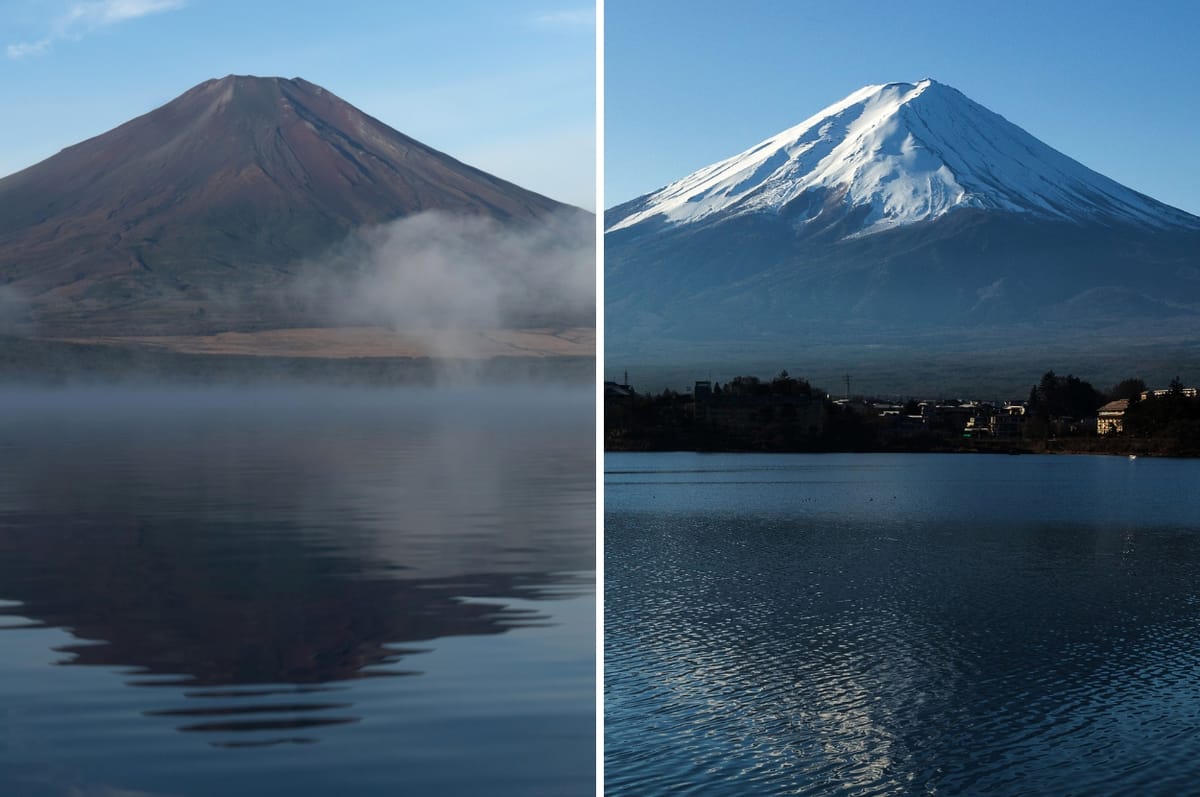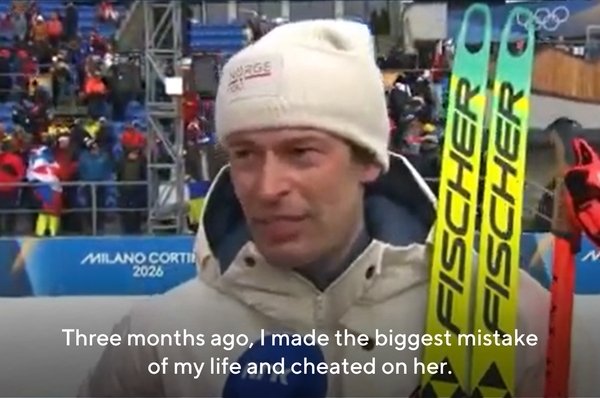What Is COP29?
COP29 has been dubbed "the finance COP" as countries must figure out a new goal for climate finance that will significantly increase funding to support climate action in developing countries.
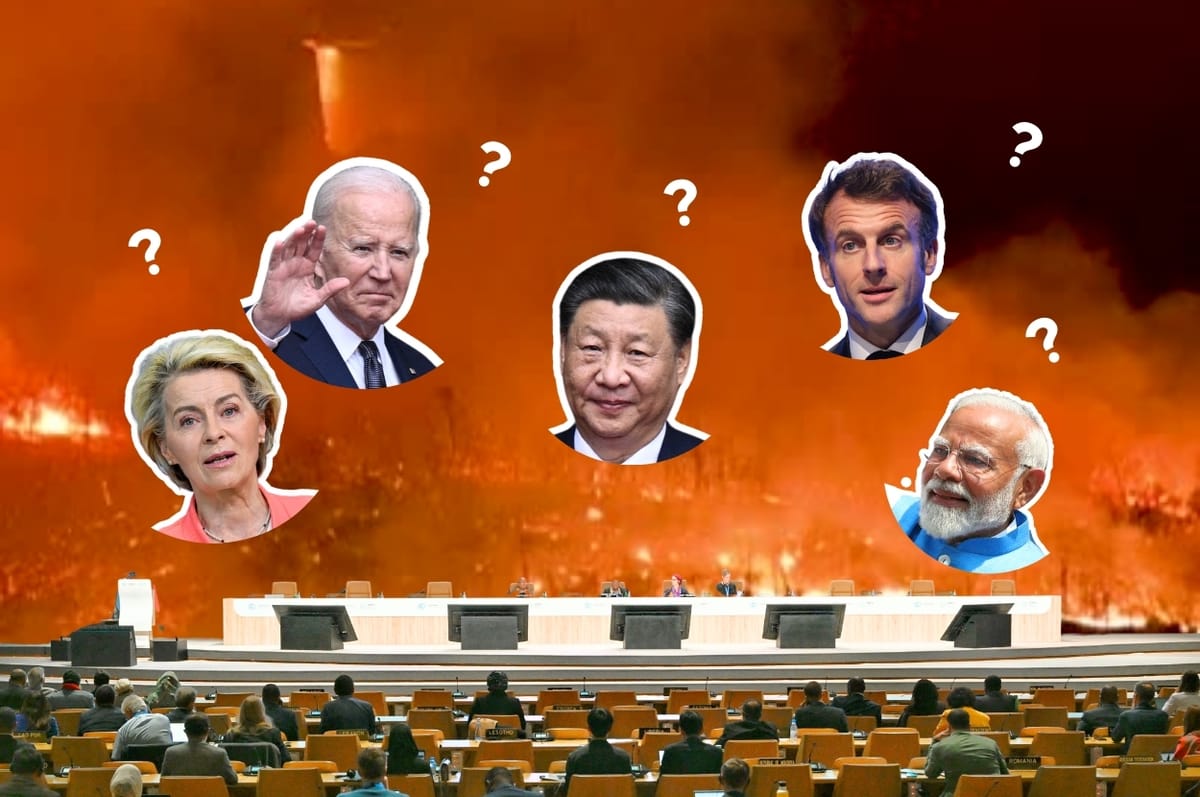
Against the backdrop of 2024 on set to become the hottest year ever recorded, COP29, the world’s most important forum on climate kicked off in Baku, Azerbaijan, on Nov. 11.
But this year, the top leaders from 13 of the world’s top carbon emitters will be skipping the conference, drawing concerns there is a lack of political will and sense of urgency to act on the climate crisis.
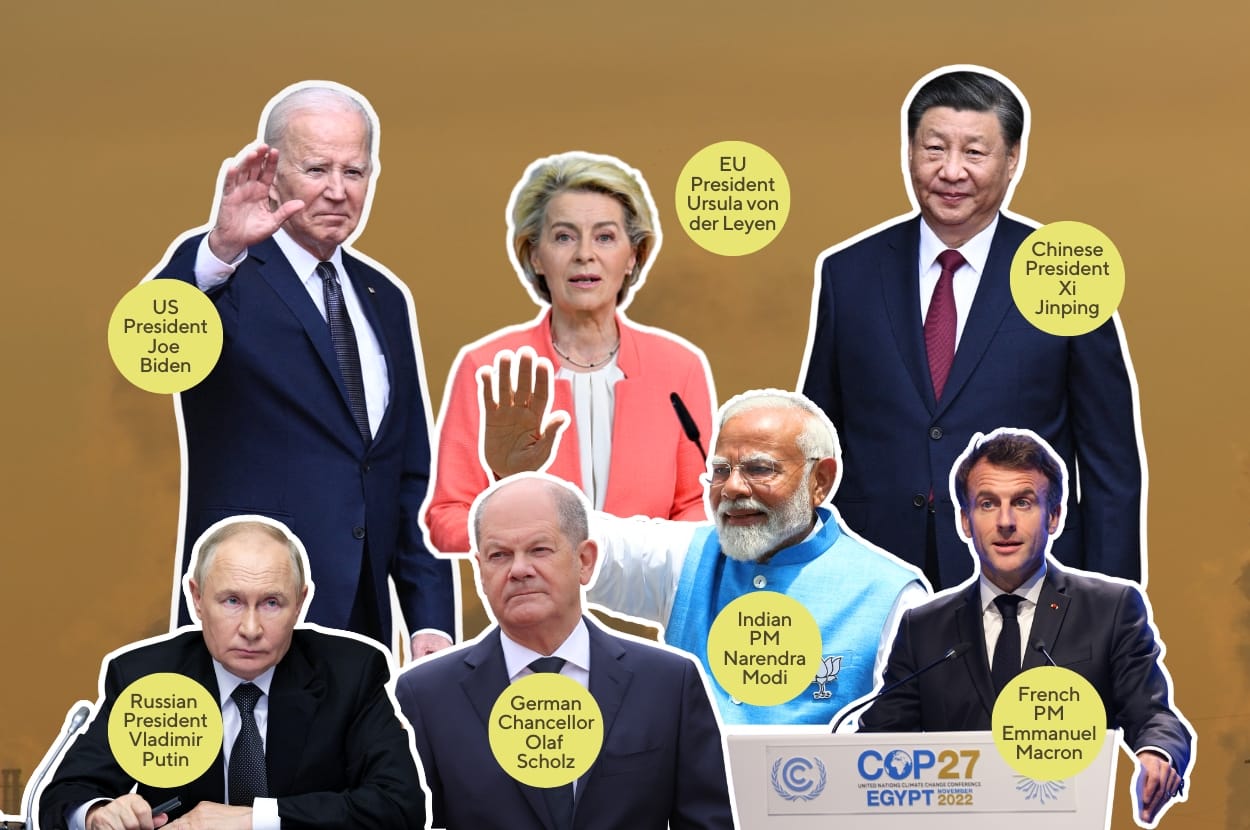
What Is COP?
Every year, world leaders, climate activists and finance and business leaders gather for COP, the world's most important forum on climate change held by the United Nations.
This year, the 29th Conference of the Parties (COP29) will be held from Nov. 11 to 22 in Baku, Azerbaijan, but with so many key leaders of major carbon-emitting countries skipping the conference, there are concerns there is a lack of political will and sense of urgency to act on climate change.
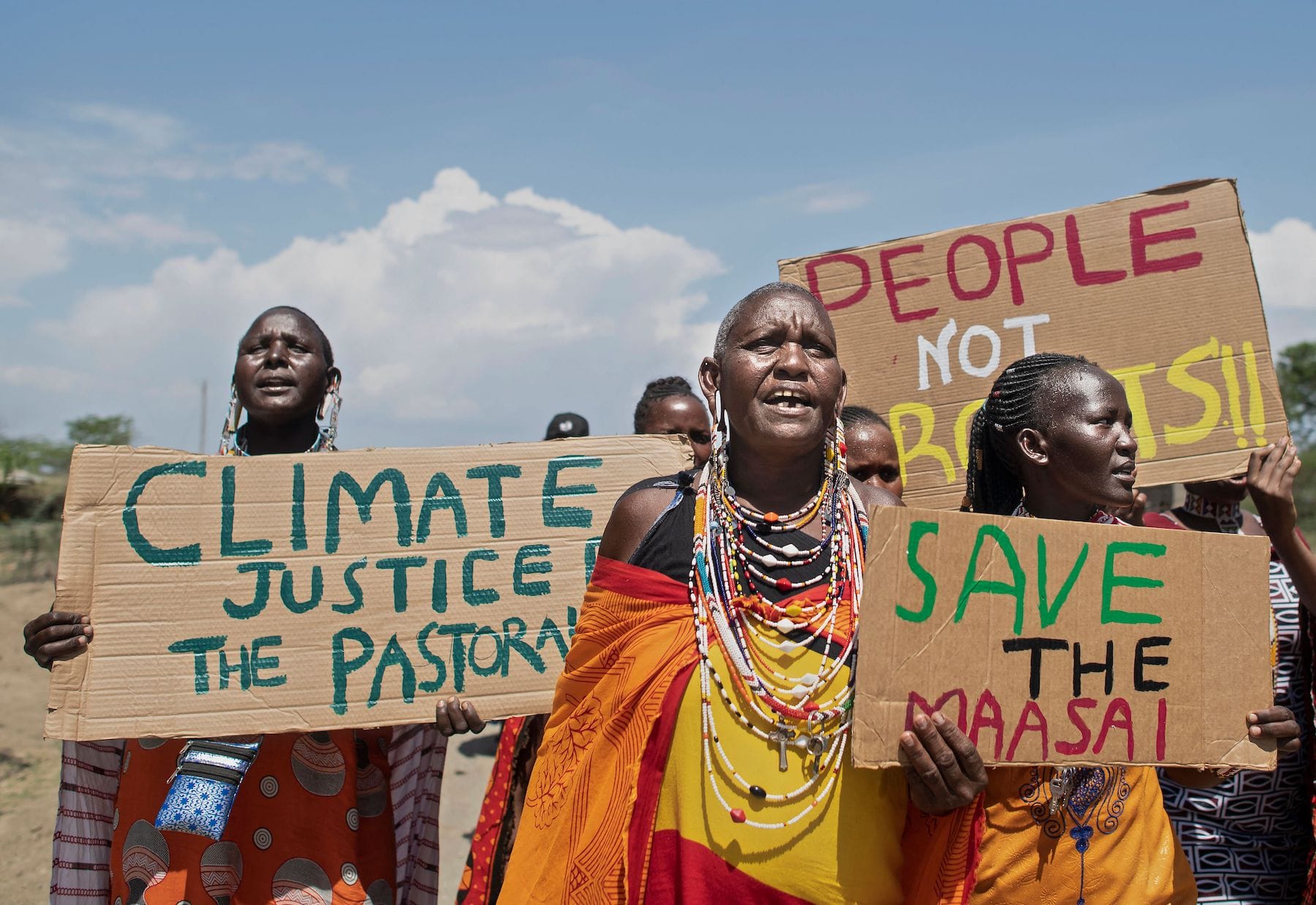
Earlier in November, scientists warned that 2024 is set to be the hottest year ever recorded.
In 2015, world leaders pledged to work to prevent global temperatures from rising by more than 1.5˚C since pre-industrial levels as part of the Paris Agreement.
But 2024 is now on track to become the first year that global warming will exceed the 1.5˚C, signaling the urgent need for countries around the world to escalate efforts to cut carbon emissions.
Climate Finance On The Agenda
COP29 has been dubbed "the finance COP" as countries must figure out a new goal for climate finance that will significantly increase funding to support climate action in developing countries.
Countries have pledged US$100 billion annually until 2025, but trillions of dollars are needed to help lower-income states ramp up efforts to address the climate crisis.
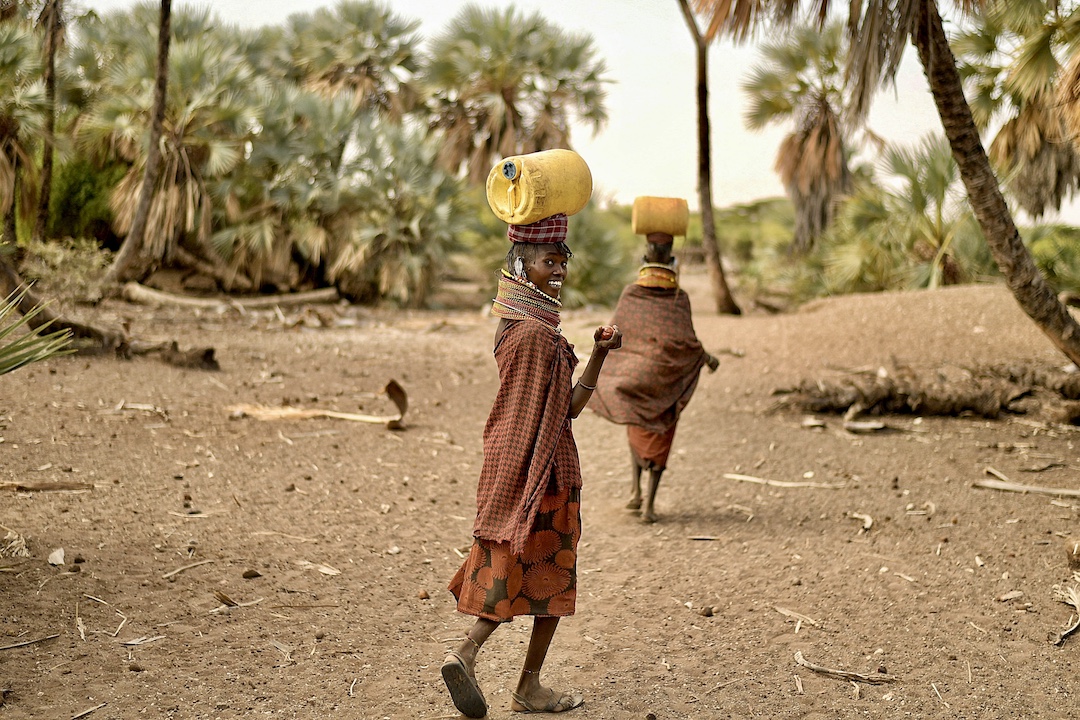
Rights groups, African countries and small island states are calling for at least US$1 trillion annually.
Rich countries that are historically responsible for climate change must provide funding, based on the UN Framework Convention on Climate Change (UNFCCC) and the Paris Agreement.
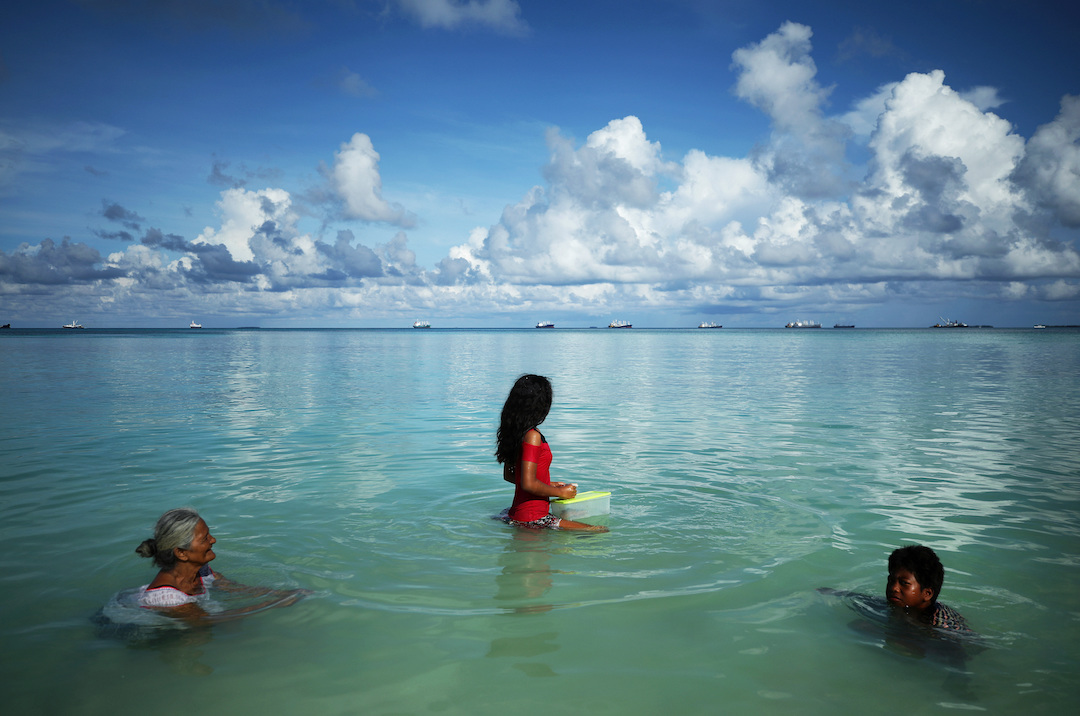
Countries that are able to contribute should also do so under international human rights law, according to Amnesty International.
Because the initial list of countries was drawn up in the 1990s, places like China and the oil-producing Gulf states are still currently classified as “developing economies” so do not have to contribute.
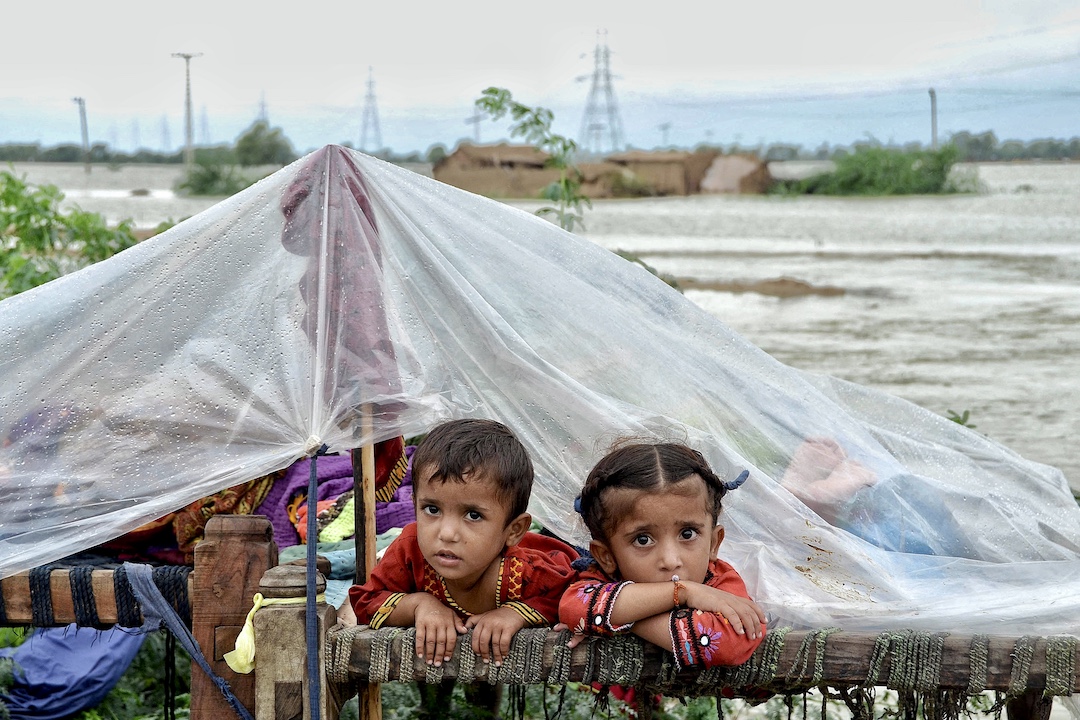
However, the EU and other wealthy countries say this has to change if funding has to be increased.
Currently, 69% of all climate finance is provided as loans, and climate groups are calling for future funding to be given as grants instead.
This is because loans have exacerbated inequalities by increasing debt for already climate-vulnerable countries. Loans are also unjust as developing countries are forced to pay back more than they borrowed to solve a problem they did not cause.
COP29 And "Greenwashing"
The decision to hold COP29 in Azerbaijan, has sparked a "greenwashing" controversy.
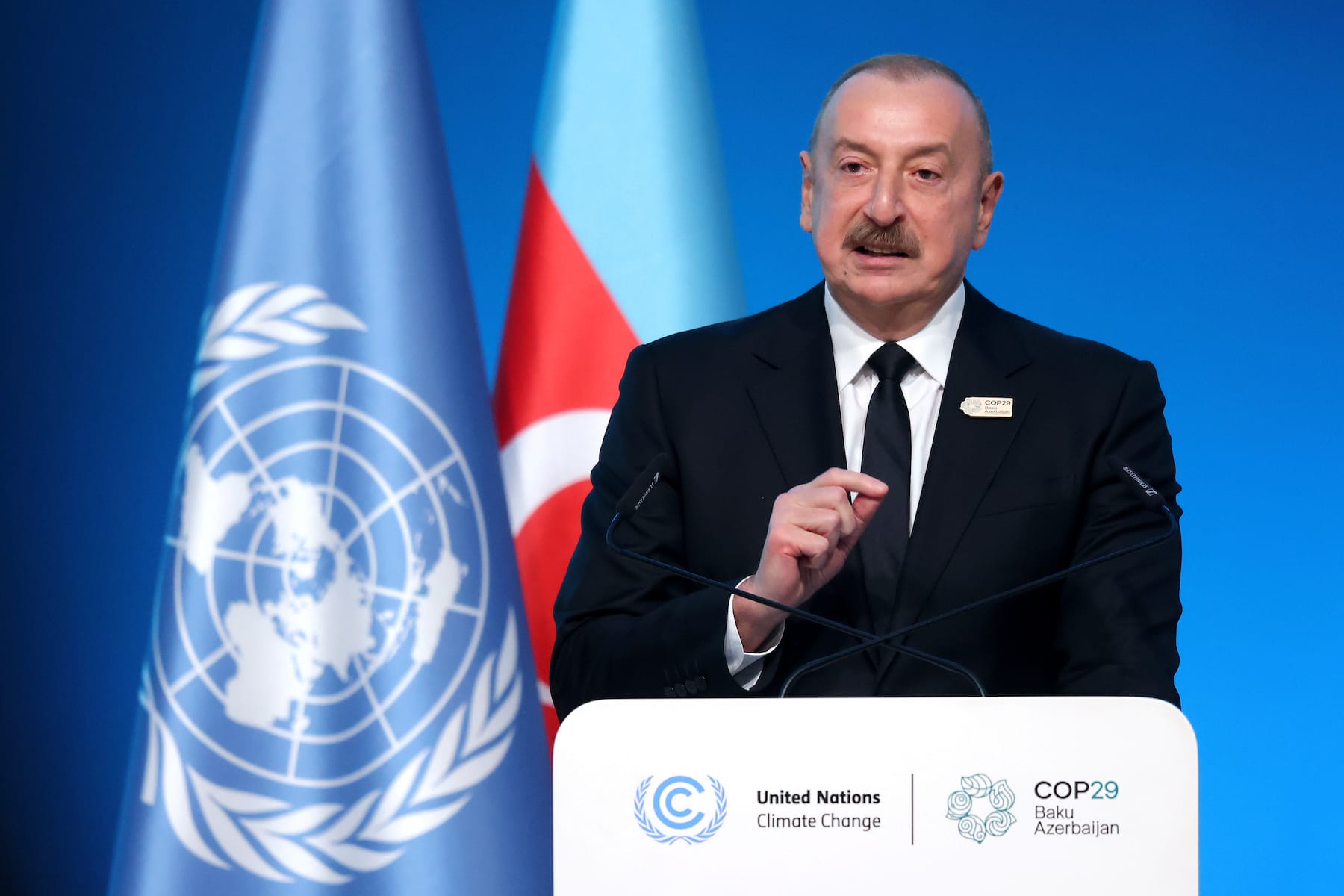
Azerbaijan is a major oil and gas producer, with fossil fuels making up about half of its economy and the majority of its export revenue. Its climate policies are rated as some of the weakest globally. It has made few investments in renewable energy.
It has also been criticized for its “alarming” human rights record. Amnesty International and Human Rights Watch say the country has been suppressing freedom of speech by targeting journalists and activists, crushing independent media out of existence and even fabricating charges against critics.
More On Climate Change
